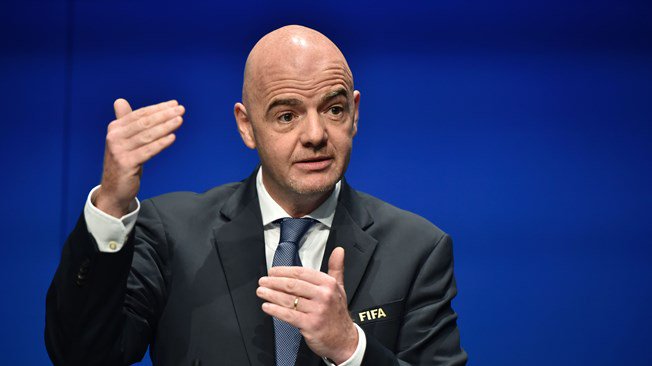Players win right to break bad contracts under new FIFPro/FIFA deal
- Posted on
- Comment

Players are getting more power from FIFA to leave clubs who delay paying salaries or mistreat them, under new rules announced on Monday.
FIFPro lodged its restraint-of-trade complaint against football’s world governing body in September 2015, with some experts suggesting it could be as far-reaching as the 1995 Bosman ruling that let players change clubs at the end of their contracts without their old club receiving a fee.
Monday’s deal signals the formal end of hostilities between the two organizations but talks between the pair of changes to the player-contract regulations has been underway for 18 months.
As a result of those negotiations, the first significant concession to the union is that players who are not paid by their clubs or are mistreated by them will be able to break their contracts and leave.
While this is not a major problem in football’s richer leagues, a 2016 FIFPro survey of 14,000 of its members found 41 percent of them had experienced delays in their pay and a significant number had been forced by their clubs to train alone as a tactic to make them break contracts.
As well as being able to leave, players who have not been paid for two months, or have been the victim of abusive behavior, will be able to seek compensation and if those clubs do not comply with a FIFA ruling, they will face a transfer ban.
In a joint statement, FIFPro president Philippe Piat said: “FIFPro is pleased with the new spirit of cooperation shown by FIFA and its willingness to listen to the concerns of players.
“This mutual understanding has helped set in motion the biggest changes to football transfer rules since 2001. These rule changes will help protect the 60,000 players FIFPro represents against unfair treatment.”
These initial changes, however, are only the start of a process which could still have Bosman-like repercussions for the global game.
FIFA, FIFPro, the European Club Association and the World Leagues Forum have also reached an “accord” to work with FIFA’s new Football Stakeholders Committee, which includes the national FAs and confederations, and their first item of joint business will be the creation of a task force to review the transfer system, starting in January.
This review will look at the impact of rocketing transfer fees on the competitive balance between and within leagues, the role of agents, transfer windows, the loan system and squad sizes.
It will also work on setting up independent arbitration panels in every country to settle disputes between players and clubs more fairly and quickly.
Greeting this deal as “an important milestone in improving football’s global governance,” FIFA president Gianni Infantino said: “I have witnessed unprecedented cooperation between FIFA, FIFPro, the European Club Association and the World Leagues Forum.
“These were complicated negotiations with the game’s key stakeholders and each one has made some compromises, but at the end of the day, this agreement is beneficial for all and the ultimate winner is football.”










 (Selorm) |
(Selorm) |  (Nana Kwesi)
(Nana Kwesi)